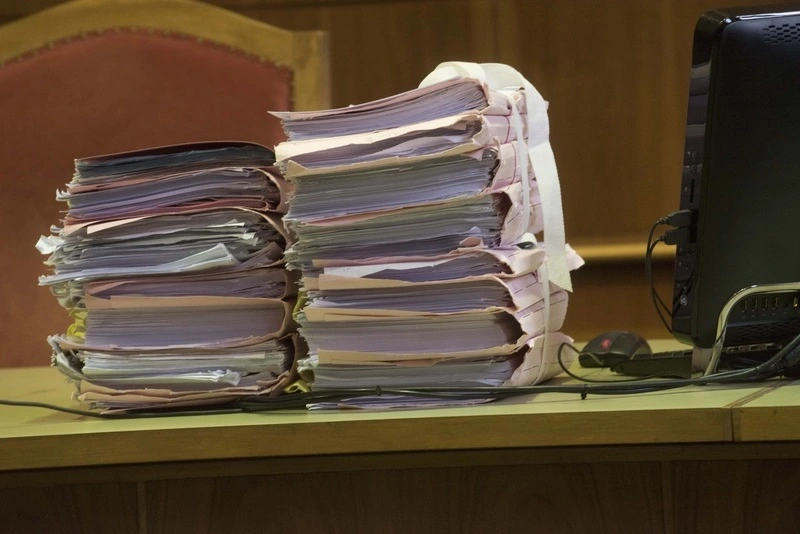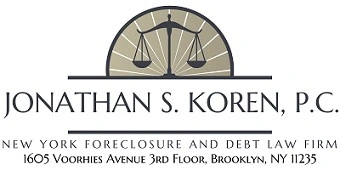Inadmissibility of Business Records

To prevail in summary judgment, a lender’s affidavit needs to show that the business records submitted are admissible as evidence.
New York CPLR 4518 which governs the business records exception to the hearsay rule mandates:
Business records.
(a) Generally. Any writing or record, whether in the form of an entry in a book or otherwise, made as a memorandum or record of any act, transaction, occurrence or event, shall be admissible in evidence in proof of that act, transaction, occurrence or event, if the judge finds that it was made in the regular course of any business and that it was the regular course of such business to make it, at the time of the act, transaction, occurrence or even, or within a reasonable time thereafter.
The three foundational requirements of New York CPLR 4518(a) are: 1) the record must be made in the regular course of business—reflecting a routine, regularly conducted business activity, needed and relied upon in the performance of business functions; 2) it must be the regular course of business to make the records—(i.e. the record is made in accordance with established procedures for the routine, systematic making of the record); and 3) the record must have been made at the time of the act, transaction, occurrence or event, or within a reasonable time thereafter, assuring that the recollection is fairly accurate and the entries routinely made (People v. Kennedy, 68 N.Y.2d 569, 503 N.E.2d 501 (1986)).
However, just filing a business record received from other entities, even if such papers are retained in the regular course of business, is insufficient to qualify the documents as business records. The records are only admissible if the affiant establishes personal knowledge of the maker's business practices and procedures, or that the records provided were onboarded into the affiant's own records or routinely relied upon by the affiant in its business (Bank of New York Mellon v. Gordon, 171 A.D.3d 197, 97 N.Y.S.3d 286 (2019)).
The Court of Appeals explained that the nature of the business record exception to the hearsay rule is that records systematically made for the conduct of a business are of greater authenticity because they reflect daily operations and because the overseer’s obligation is to have them truthful and accurate to conduct business. Such is a unique hearsay exception because it represents that hearsay can be deliberately avoided by stating such prerequisites are met which differs from other hearsay exceptions which assume that declarations which come within them were not made deliberately with litigation in mind. Accordingly, a careful analysis of a bank’s affidavit is required to identify if the affiant is deliberately trying to meet New York CPLR 4518 by using the exacts words mandated but not necessarily doing so, has contemporaneously changed the operating procedures to meet such mandate, or genuinely meets the prerequisites of the mandate.
We have found that many banks have not complied with this business records exception to the hearsay rule. Failure to raise this objection through opposition or by motion may waive the defense. If you were served with a motion by your lender, call our office today at 718-819-1674 so we may examine the bank’s business records and explore all legal remedies available to defend your home.
